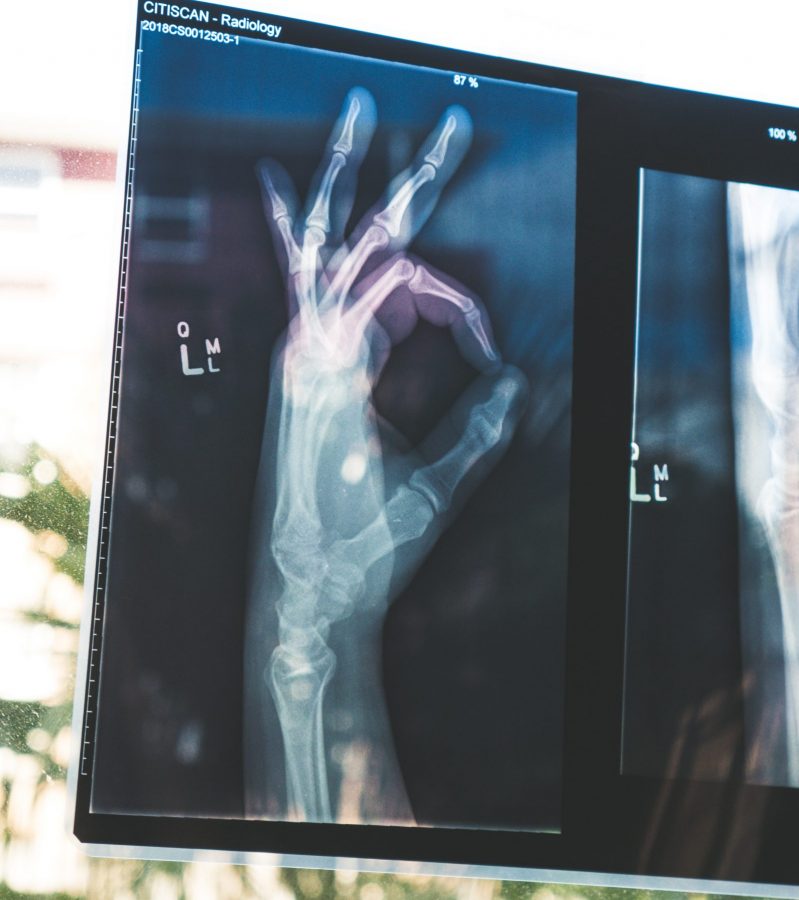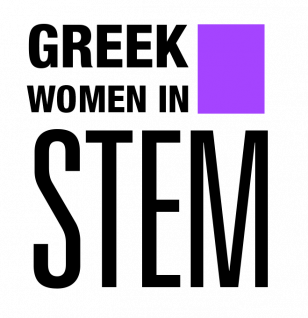AUTHOR’S CORNER
Health and well-being for all: a fairytale or a palpable goal
05.10.2022
by Kelly Kousi
SHARE
The first thing we wish someone on their birthdays is ‘May you live a healthy life’. For Star Trek fans and Vulcans ‘Live long and Prosper’ is equivalent to hello, almost!
We identify health on many levels in our lives, body health, mental health, spiritual health.. But when most of us say we live a healthy life we usually refer to our bodies. And how many times have we taken for granted the fact that we wake up every day equipped to do everything without realizing the privilege we live in? The 3rd of the 17 sustainable goals is ensuring healthy lives and promoting well-being for all at all ages. But is this really possible? Let’s see what a few recent studies show us!
Many countries have introduced cash transfer programmes as part of their poverty reduction and social protection strategies. It seems now that programmes that provide cash payments to poor families do more than reduce poverty: they can help to reduce HIV infections and deaths from AIDS. Studies conducted in 42 countries across three continents from 1996 to 2019 that suffer from such diseases showed that there is much lower probability of sexually transmitted infections among females, a higher probability of recent HIV testing, a reduction in new HIV infections and decrease in AIDS-related deaths [1]. That means that government action can really make a difference!
On the other end of the spectrum, we should probably think about personal responsibility as well. For example, cities worldwide are facing water security challenges due to rapid population growth with declining supply and quality of water resources. Singapore has decided to attempt to tackle this problem in two ways, conducting at the same time a social experiment if you will. They updated the plumping in public housing and at the same time they educated their citizens on how their habits affect their neighbors. They observed the results of their experiment over decades and came to the conclusion that efficient plumbing provides long-lasting effects in water conservation and mitigates the effects of extreme environmental conditions on water use by approximately 3.5% but peer-comparison nudging may not actually work [2]. Talk about responsibility of the individual, huh?
Lastly, what about scientists? The in-between.. I’ve got good news! Scientists from the Indraprastha Institute of Information Technology in Delhi, India developed a machine learning model that can identify carcinogen cells from a mere set of 6 properties. What does that mean, you ask.. Most cancers are caused by exposure to carcinogens, and typically scientists have to use expensive, time-consuming animal tests to screen possible carcinogens. With this technique we could be able to predict many new kinds of cancers, getting ahead with the treatment and it will be easier for less rich countries to access such information since expensive screening could be avoided [3].
After reading these examples I can only ask. Can we all agree now that we need to work together to have maximum impact? Health and well-being for all is imperative.
Sources: [1] Nat Hum Behav (2022) https://doi.org/10.1038/s41562-022-01414-7 [2] Nature Human Behaviour volume 6, (2022), 858 [3] Nat Chem Biol (2022). https://doi.org/10.1038/s41589-022-01110-7

RELATED ARTICLES

Dr Paraskevi Mallini; Cancer research in academia, industry and scientific editing
A non-linear career in cancer research
GWiS-TITAN-Χ.Α.Ν.Θ | Επεισόδιο 5 Τέχνη
Μαθητές: Κωνσταντίνα Παπάτσα, Υποψήφια Αρχηγός Κατασκηνώσεων Χ.Α.Ν.Θ.; Ελένη Χεμάις, Υποψήφια Αρχηγός Κατασκηνώσεων Χ.Α.Ν.Θ.; Γεώργιος-Νικόλαος Αγγελίδης, Υποψήφιος Αρχηγός Κατασκηνώσεων Χ.Α.Ν.Θ.
Επιστήμονες: Δρ. Νατάσα Παπαγγέλου, PhD; Χρυσοβαλάντου Καλαϊτζίδου, MSc
Host: Κατερίνα Μπομπότα, DDs

Archive
Find all our past articles chronologically organized in our archive.
CONTACT US
____________
greekwomeninstem@gmail.com
Do you have ideas, questions, comments or special requests?
Would you like to highlight your research project or nominate a researcher that you would like to learn more about?
Please write to our email or fill out the form and hit “send”. We will be happy to talk with you!
[contact-form-7 id=”44″ title=”Contact form 1″]

